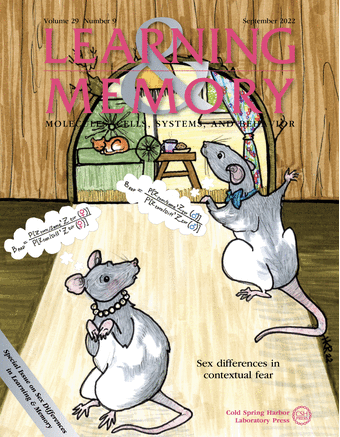Distinguished Professor Michael S. Fanselow will receive the American Psychological Association’s 2023 Distinguished Scientific Contribution Award.
This is the highest honor conferred by the APA for scientific contributions over the researcher’s career.




 Michael Fanselow
Michael Fanselow


